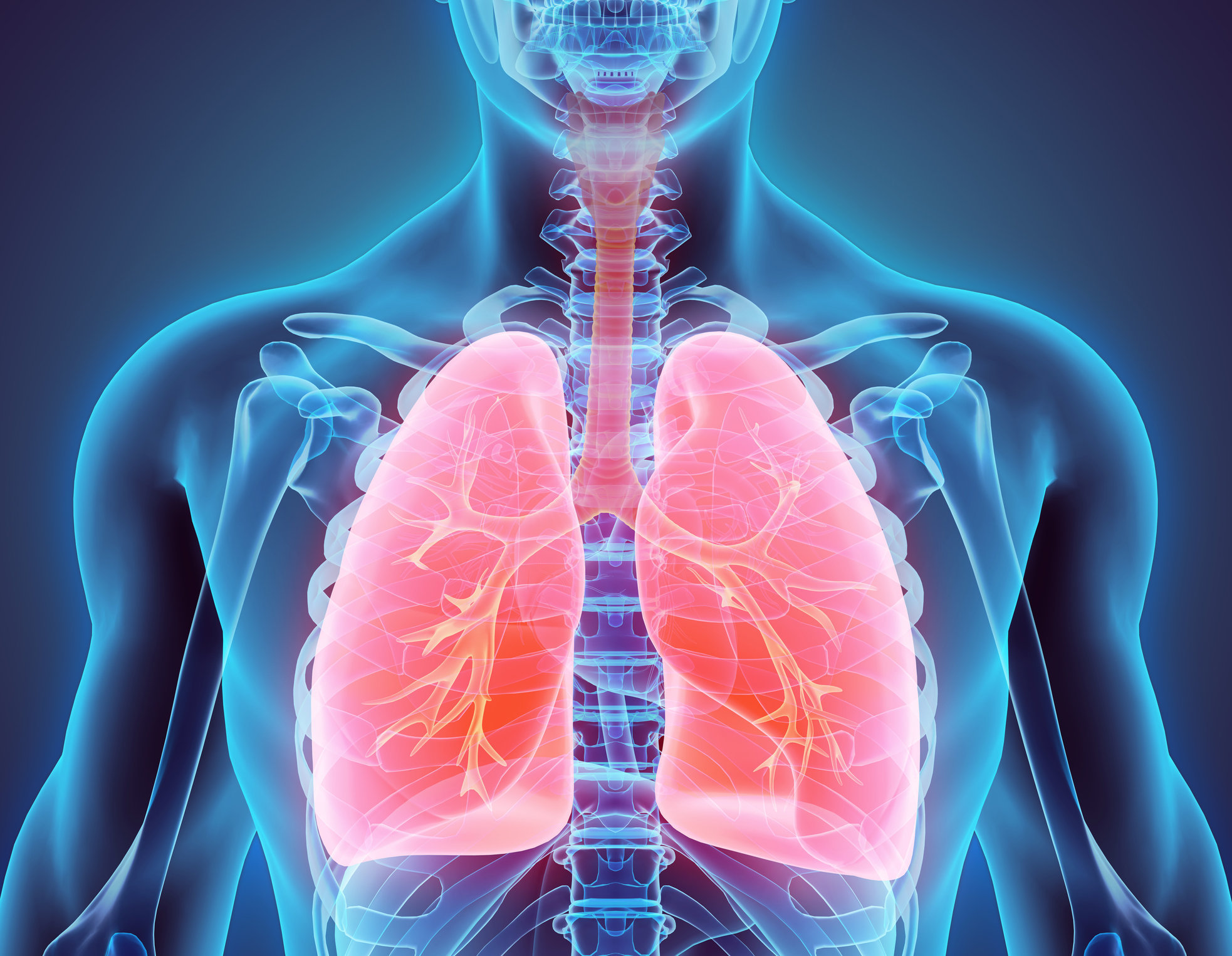
Lung Transplantation Safe for COVID-19-Associated Lung Disease Patients
The Study Conducted by NYMC Researchers Was Published in Clinical Infectious Diseases

Lung transplantation was found to be a safe and effective therapeutic option for select patients with end-stage lung disease due to a prior COVID-19 diagnosis, with similar short- and long-term outcomes as lung transplant recipients with non-COVID-19 etiology, in a recent study published in Clinical Infectious Diseases that was conducted by New York Medical College (NYMC) researchers in collaboration with researchers at the University of Alabama and University of Texas at Houston.
“Lung transplant is the only cure for patients who developed end-stage lung disease from prior COVID-19 infection,” said Abhay Dhand, M.D., associate professor of medicine. “This was a unique challenge during this ongoing pandemic. We have previously shown that organs from donors with COVID-19 can be safely used for non-lung solid organ transplant. But, since data regarding short-term and long-term safety and efficacy of lung transplants in patients with prior COVID-19 was limited, we collaborated with other lung transplant researchers to answer this question.”
“These unique results will help the transplant community during the current and future pandemics,” said Kenji Okumura, M.D., who led the study as a surgery resident at NYMC clinical affiliate Westchester Medical Center.
During the study period from 2020 to 2022, data were analyzed using the United Network for Sharing (UNOS) database. The 400 lung transplant recipients for COVID-associated end-stage lung disease comprised approximately nine percent of all lung transplants performed in the U.S. during that period, with Hispanic males receiving lung transplants at significantly higher rates. When compared to lung transplant recipients for non-COVID etiologies, the COVID-19 group had unique risk factors associated with prior COVID-19, including younger age, and greater need for intensive care unit stay, mechanical ventilation, hemodialysis, extracorporeal membrane oxygenation support (ECMO) and antibiotics before their lung transplant. Despite these risk factors and longer hospital stay post-transplant, one-year patient and lung allograft survival rates were similar to those in the non-COVID-19 group.

